On the morning of May 7th, continuing the program of the 9th session of the 15th National Assembly, the Minister of Home Affairs, authorized by the Prime Minister, will present the draft law on the Organization of Local Government (amended).
Minister of Home Affairs Pham Thi Thanh Tra
PHOTO: GIA HAN
What are the 13 special economic zones?
The draft law proposes amendments to eliminate the district level, reducing the local government model to only two levels: province and commune.
In which, the provincial level remains as current regulations, including provinces and cities. The communal level includes communes, wards and special zones (organized on islands). Along with that is the special economic administrative unit, which remains as current regulations and is established by decision of the National Assembly .
According to document No. 03/CV-BCĐ of the Steering Committee for the reorganization of administrative units at all levels and the construction of a two-tiered local government organizational model, island districts and cities will be transformed into 13 special zones, including: Phu Quoc and Tho Chau ( Kien Giang province); Van Don and Co To (Quang Ninh province); Cat Hai and Bach Long Vi (Hai Phong city); Truong Sa (Khanh Hoa province); Hoang Sa (Da Nang city); Phu Quy (Binh Thuan province); Kien Hai (Kien Giang province); Con Co (Quang Tri province); Ly Son (Quang Ngai province) and Con Dao (Ba Ria - Vung Tau province).
For provincial governments, in order to consistently implement the principle of "local decision-making, local action, local responsibility," in addition to existing tasks and powers, the draft law adds several provisions to promote decentralization from the central government to provincial-level governments, especially in the issuance of mechanisms and policies, and in areas such as planning, finance, budget, and investment at the local level.
Meanwhile, the commune-level local government will perform the tasks and powers of the current district-level and commune-level local government; and issue legal documents to decide on issues within the authority, scope, and management tasks of the commune-level local government.
The People's Committee and the Chairman of the People's Committee at the provincial level are responsible for promoting decentralization and delegating their tasks and powers to the People's Committee and the Chairman of the People's Committee at the commune level; especially the local authorities at the ward level to manage and develop urban areas and local authorities in special zones to ensure independence, sovereignty, and national territorial integrity in sea areas and islands...
Delegates at the 9th session of the 15th National Assembly
PHOTO: GIA HAN
Avoid a situation where there are more leaders than subordinate officials.
The draft law increases the maximum number of representatives in provincial-level People's Councils (from 75 to 90) and commune-level People's Councils (from 30 to 35).
In reviewing this matter, the Committee on Law and Justice stated that many opinions supported increasing the number of representatives in the Provincial and Commune People's Councils to ensure they are appropriate to the scale of the administrative units at the provincial and commune levels after reorganization.
However, some argue that the increase is not truly consistent with the current policy of streamlining the administrative apparatus, and suggest maintaining the current regulations.
Regarding organizational structure, the draft law stipulates that based on criteria on population size, natural area, socio-economic conditions, etc., the People's Committee at the commune level is allowed to organize specialized agencies, other administrative organizations or arrange specialized civil servant positions to advise and assist the People's Committee at the commune level in sectors and fields in the commune level according to regulations of the Government.
The Committee on Law and Justice believes that with the expansion of scale and the addition of more tasks and powers to local authorities at the commune level, the establishment of an advisory apparatus is necessary.
However, the review agency also noted that regulations regarding the establishment of specialized agencies, including their number, need to be flexible based on requirements, workload, minimum staffing levels for establishing an organization (at the departmental level), and the maximum number of deputy leaders. This aims to avoid organizational fragmentation and a situation where the number of leaders exceeds the number of civil servants directly involved in implementation.
In addition, there are suggestions to research and organize the office of the People's Council and People's Committee to perform the task of advising and assisting the People's Council and People's Committee at the commune level, without necessarily establishing specialized departments.
Thanhnien.vn
Source: https://thanhnien.vn/sau-khi-bo-cap-huyen-viet-nam-se-co-13-dac-khu-185250507071311996.htm


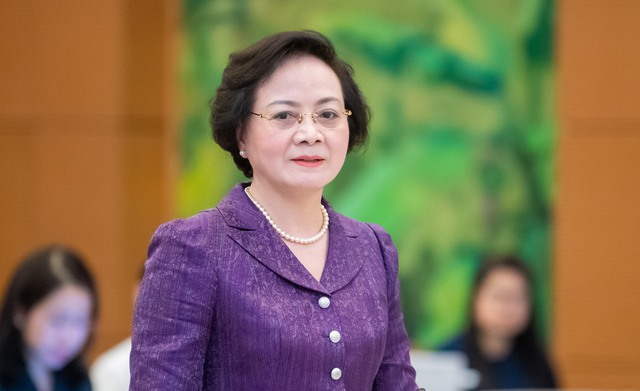
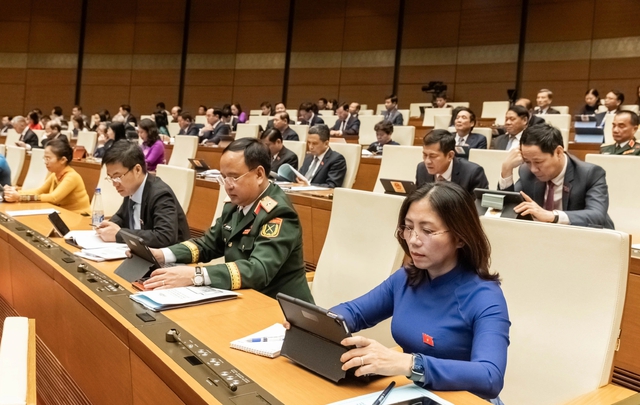
















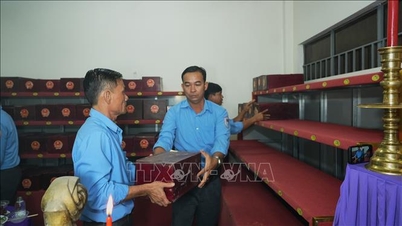


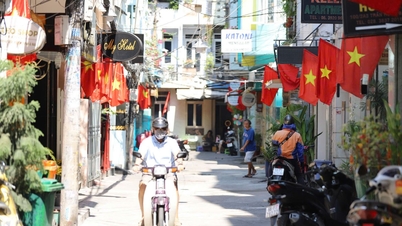
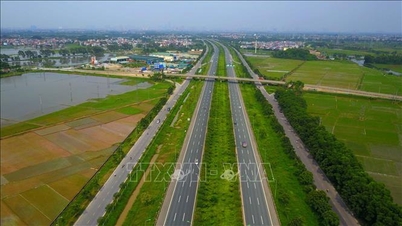
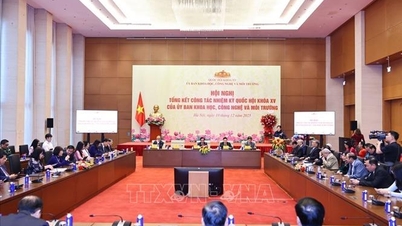
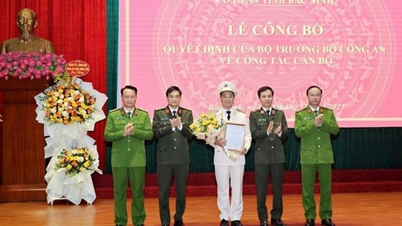
















![[Video] The craft of making Dong Ho folk paintings has been inscribed by UNESCO on the List of Crafts in Need of Urgent Safeguarding.](https://vphoto.vietnam.vn/thumb/402x226/vietnam/resource/IMAGE/2025/12/10/1765350246533_tranh-dong-ho-734-jpg.webp)

































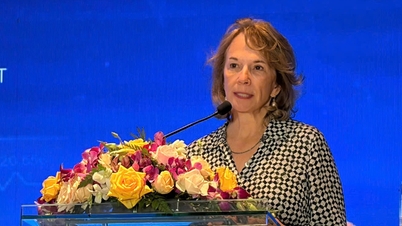







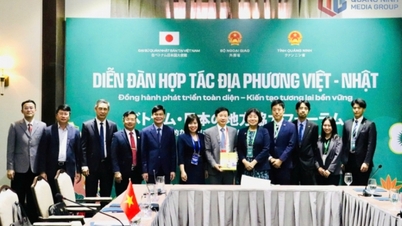


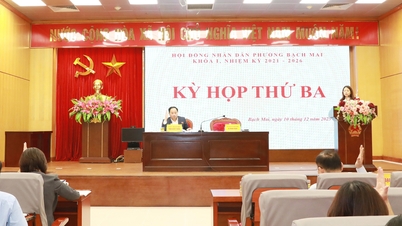
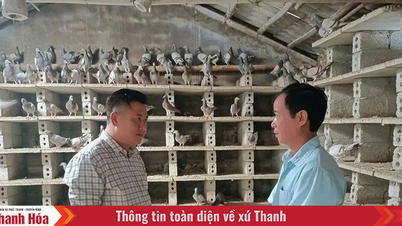



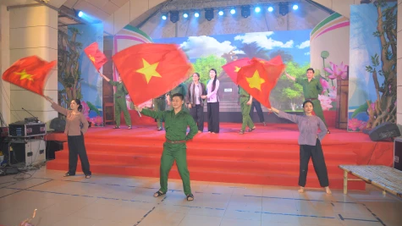



















Comment (0)